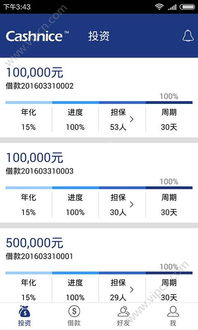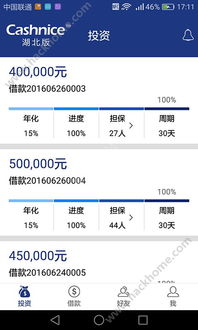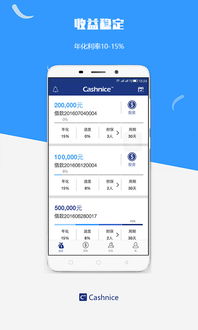Cash App Taxes: A Comprehensive Guide for Users
Cash App Taxes is a feature that has been integrated into the popular mobile payment app, Cash App. It is designed to help users manage their tax obligations more efficiently. Whether you are a casual user or a small business owner, understanding how Cash App Taxes works can save you time and money. Let’s delve into the various aspects of this feature.
How Does Cash App Taxes Work?

Cash App Taxes is a simple and straightforward process. Once you have linked your Cash App account to your tax software, the app will automatically import your transaction history. This includes all the money you’ve sent, received, and spent through the app. The tax software will then categorize these transactions and calculate your taxes based on the relevant tax laws and regulations.
Here’s a step-by-step guide on how to use Cash App Taxes:
- Download and install a tax software that supports Cash App Taxes, such as TurboTax or H&R Block.
- Sign in to your Cash App account and navigate to the “Taxes” section.
- Follow the instructions to link your Cash App account to the tax software.
- Review the imported transaction history and make any necessary adjustments.
- Complete your tax return using the information provided by Cash App Taxes.
Benefits of Using Cash App Taxes

There are several benefits to using Cash App Taxes:
- Time-saving: Manually entering your transaction history can be time-consuming. Cash App Taxes automates this process, allowing you to focus on other aspects of your tax return.
- Accuracy: By using Cash App Taxes, you can be confident that your tax return is accurate, as the app imports your transaction history directly from the source.
- Cost-effective: Many tax software providers offer discounts for users who import their transaction history through Cash App Taxes.
- Accessibility: You can access your transaction history and tax information anytime, anywhere, as long as you have an internet connection.
Understanding Your Cash App Taxes Report

Once you have linked your Cash App account to your tax software, you will receive a detailed report that includes the following information:
| Transaction Type | Amount | Date | Description |
|---|---|---|---|
| Deposit | $1,000 | 01/01/2021 | Salary |
| Withdrawal | $500 | 02/01/2021 | Utilities |
| Transfer | $200 | 03/01/2021 | Friend’s Birthday Gift |
This report will help you identify any potential tax deductions or credits you may be eligible for. It will also provide you with a clear picture of your financial activities throughout the year.
Common Questions About Cash App Taxes
Here are some common questions about Cash App Taxes:
- Q: Can I use Cash App Taxes if I don’t have a Cash App account?
- A: No, you must have a Cash App account to use Cash App Taxes.
- Q: Can I use Cash App Taxes with any tax software?
- A: Yes, as long as the tax software supports Cash App Taxes, you can use it.
- Q: Will Cash App Taxes affect my privacy?
- A: No, Cash App Taxes does not share your personal information with third parties. Your transaction history is only used to calculate your taxes.
- Q: Can I use Cash App Taxes to file my state taxes?
- A: It depends on the tax software you are using. Some tax software providers offer state tax filing services, while others do not.
Conclusion
Cash App Taxes is a convenient and efficient way to manage your tax obligations
